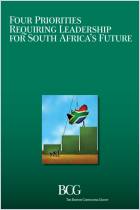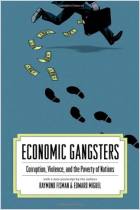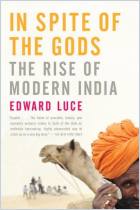
Recommendation
Villagers in small South African towns know that to exorcise the troublesome spirits of the departed, they must address their ghosts. So, too, Mamphela Ramphele – physician, educator, author and activist – forthrightly wrangles with the ghosts that still plague South Africa 14 years after apartheid. In this 2008 book, Ramphele thoughtfully and critically examines four major issues that are thwarting her country’s progress: “racism, ethnic chauvinism, sexism and authoritarianism.” She knows well of what she writes. As a founding member of the 1970s Black Consciousness Movement led by Steve Biko, she stood at the forefront of the struggle against apartheid, suffering imprisonment and banishment. getAbstract recommends her book as a sometimes searing but always forceful and unstinting appraisal of what South Africa must accomplish to realize fully its long-denied promise of equality and freedom.
Summary
About the Author
Mamphela Ramphele, a physician, chairs Circle Capital Ventures in South Africa. The former managing director of the World Bank, she was vice chancellor of the University of Cape Town. Her books include Steering by the Stars, My Life and Uprooting Poverty.





















Comment on this summary or Start Discussion